Many people prefer coffee as part of their morning routine. This beverage, which is both a part of social life and helps us start the day quickly and supports us during long working hours, makes us wonder about its effects on our teeth.
There’s a saying about teeth: Whatever stains your clothes will also stain your teeth. This rule applies to coffee as well. Coffee contains components like polyphenolic tannins or tannic acid that dissolve in water. Tannic acid causes the color components to stick to the teeth, leaving behind a yellowish appearance. Even one cup a day can affect the color of your teeth.
All beverages except water affect teeth to some extent. Especially in beverages like tea, coffee, wine, and colored fruit juices, this effect is quite strong. It can lead to bacterial growth in the mouth, weakening tooth enamel. It can also cause bad breath by sticking to the tongue.
So, should we give up drinking coffee to preserve the color of our teeth?
Professional dental cleaning done twice a year is highly effective against coffee stains. You can use whitening toothpaste as well. However, keep in mind that using unapproved whitening products can harm your teeth and gums. You can seek advice from your dentist regarding whitening and product usage.
Brushing your teeth twice a day for 2 minutes each time is successful in reducing stain formation. You can use an electric toothbrush with the correct timer setting instead of a manual brush.
Reducing the amount of coffee you consume will also help. For instance, you can occasionally drink green tea, which supports teeth and gums.
Adding sugar and cream to coffee accelerates bacterial growth. Consuming coffee more quickly and in smaller sips, especially drinking iced coffee with a straw, helps reduce the effects of this habit. After drinking coffee, you can rinse your mouth with water or drink water. Since coffee is an acidic beverage, wait at least 30 minutes before brushing your teeth.
By consuming coffee in moderation, maintaining good dental hygiene, and attending regular check-ups, you can reduce its potential effects.


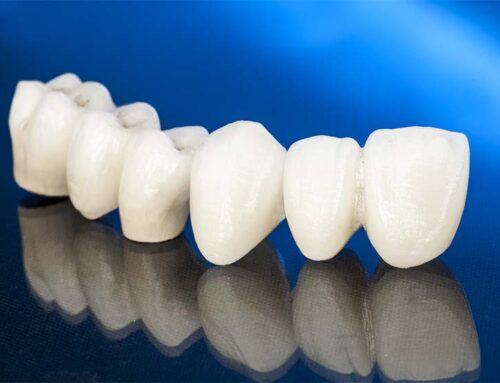
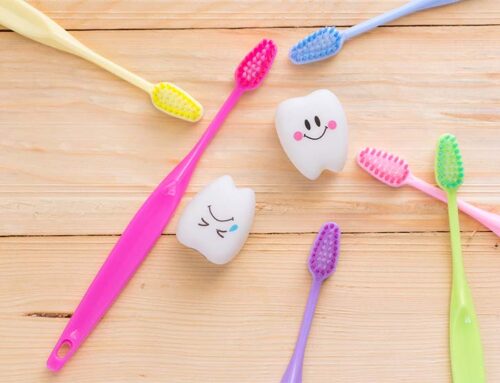
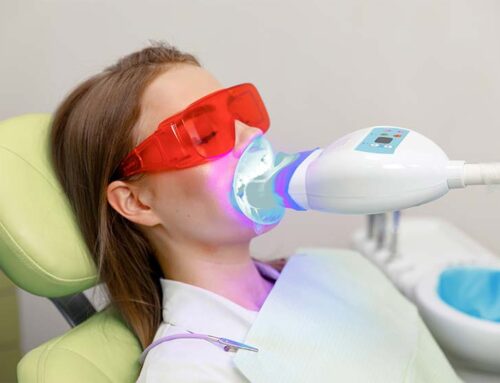
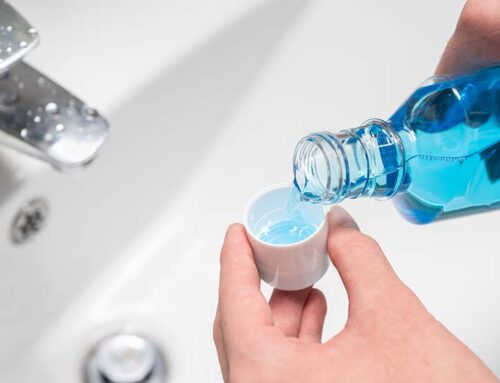
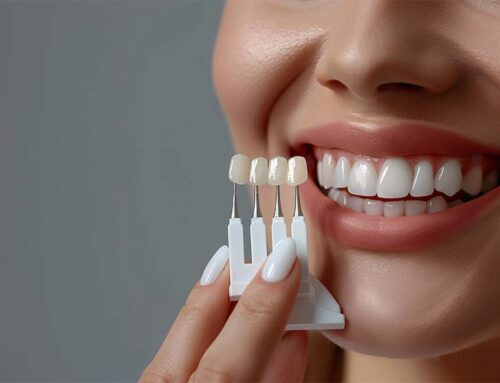
Leave A Comment